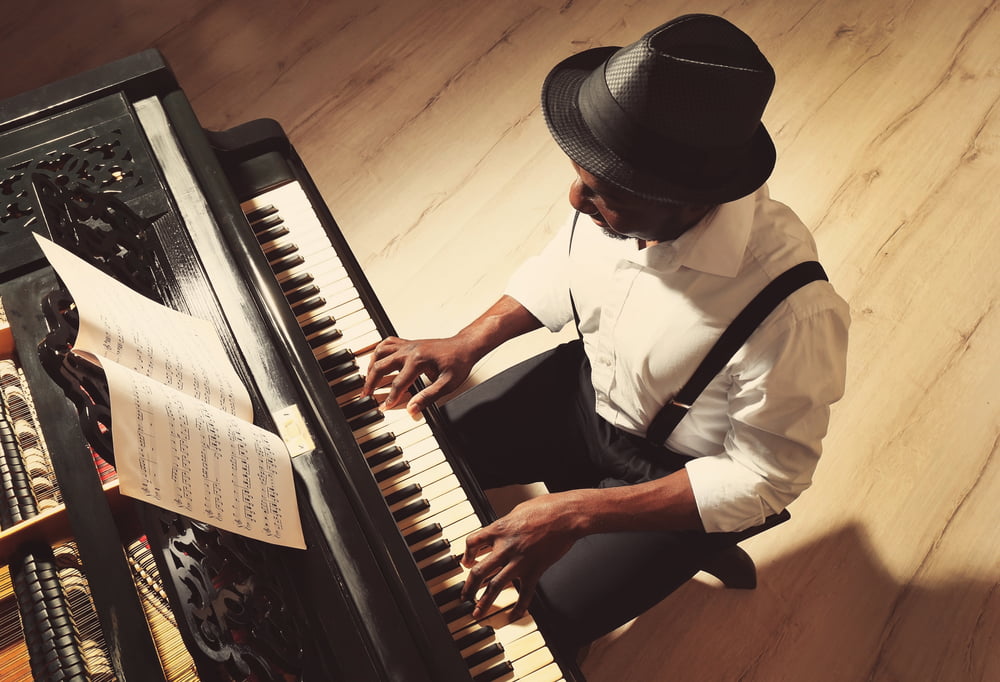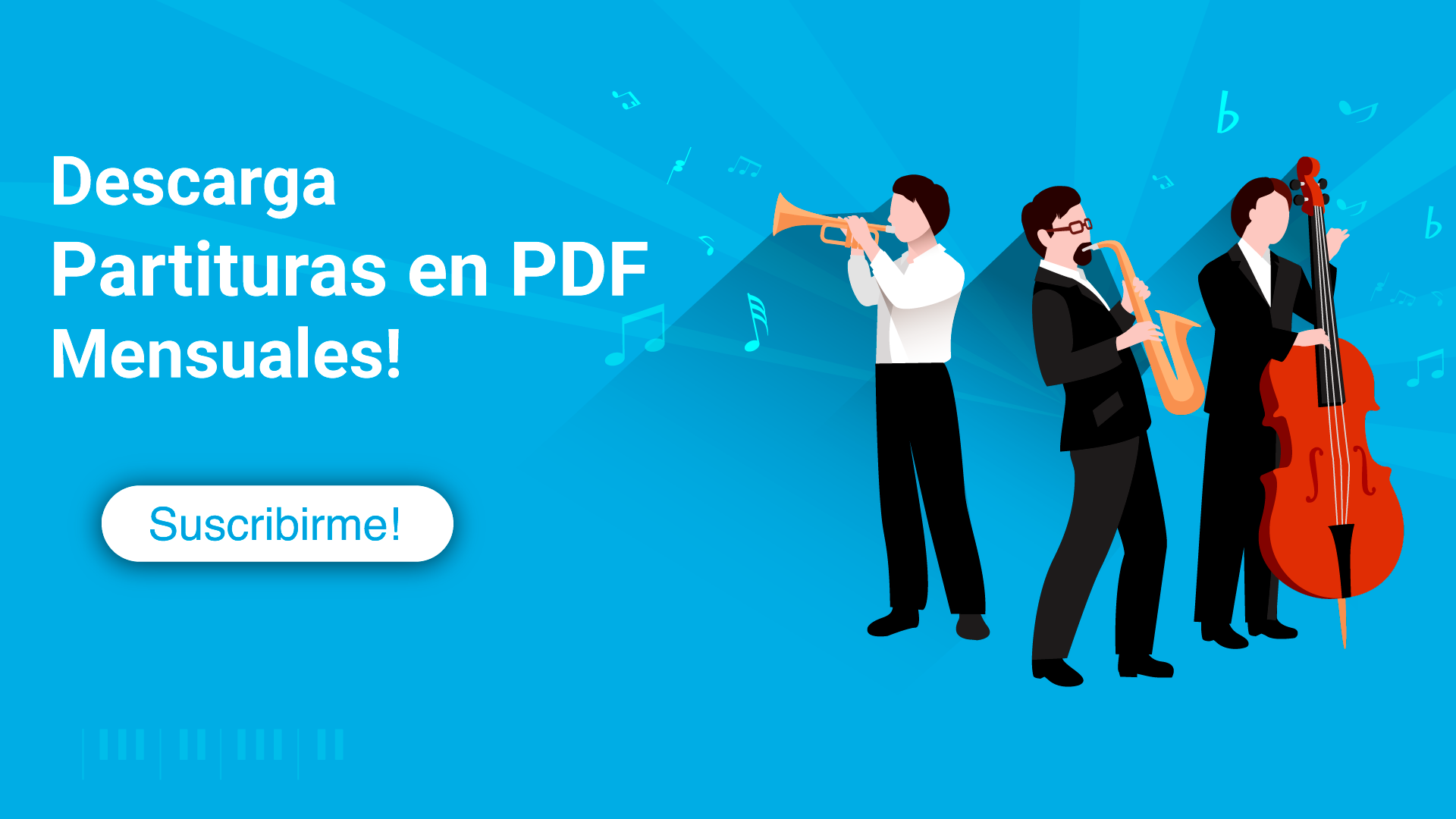
As you must surely already know, humanity is going through a historic moment where we are faced with a pandemic so far unprecedented in modern history. Millions of people are obliged to remain in permanent confinement in their homes in order to avoid the expansion of COVID-19 (Coronavirus) and musicians, we are no exception (We are also people 😂) that is why today we want to bring you 7 tips that you can use it to make the most of your time improving your musical skills throughout quarantine 😊
We invite you to apply them or if you are a teacher in music you share these tips to your students to take advantage of their time in improving their musical skills.
Listen to music critically
Listening to music on a regular basis is essential for a serious musician. By this I mean listening to music in depth, analyzing it and being critical, that is, the opposite of putting up background music while doing other tasks.
There are many ways you can benefit by doing this. First of all, I'm sure you're going to enjoy it, because if you've decided to develop your career in the music world it's because you love music. Listening to amazing musicians was possibly what motivated you to learn to play an instrument or write your own material. Many times, if you feel like you're blocked or unspired, you may need to listen to newer and new music.
Of course, listening to music can also inspire you in a more specific way. You may hear a particular lyric that triggers your inspiration to write your own song, or you may hear a nice chord or an interesting progression that makes you want to use them in your music in some way. You may hear a solo that catches you and want to learn, or a funky rhythm that you want to incorporate into your technique. Listening to music will also help you a lot when it comes to developing your musical ear, so you know, listen to music whenever you can.

10 out of 10
This technique serves you to learn those passages in which you usually fail, both musically and technically. First you must touch and work the passage until it sounds exactly as you would like.
When it works out for you, repeat it ten times in a row, keeping you focused and watching equal the first time, when the passage sounded perfect. If you get 10 out of 10 times fine, you'll have fixed the passage in your muscles and mind.
Repetition is key in the musical studio, however the meaningless and flawed repetition only spoils our studio. We must
Record yourself, watch yourself and turn to Record
With this technique you will become your own teacher. Record what you're studying before you start the study session. Watch the video a few times and think what's wrong. Work as parts as needed. Re-record and watch the improvements.
Slow motion
This technique is especially suitable for mechanically difficult passages. It's not about touching the slow passage. You must touch the passage as if you saw it in slow motion, reproducing the movements with the same impulse and technique that you would at normal speed, observing in detail what your hands do.
With this you get two things: detect faults that you didn't see at fast speed and learn the movements in more detail. For example, in the case of a violinist who encounters a passage in spicatto.
With the slow motion technique, you should reproduce the movements of the spicatto as they are at normal speed. Many instrumentalists fail to study slowly without reproducing the original joints, for example, playing this spicatto passage on the rope by studying it slowly.
Write down our appreciations for what we need to improve (and what we shouldn't)
By writing our progress in the study at the end of each day, we are not only forcing ourselves to be observed. We give ourselves an overview of how the study gives us results.
In addition, we will be able to remember what did not work well for us the day before to resume it in the next session. On the other hand, writing on paper the good things we see in the way we play will boost our self-esteem and give us security on stage.

Sing!
To interpret musical phrases one can imagine them in the head or try them with the instrument until an idea convinces you. But if we sing, the music is going to come out much more naturally and we will have a reference that has come out of our own imagination.
Improve reading at first sight
This point has to do with point number two: learning the theory. The next step after learning how to solfear, is to practice reading sheet music with the instrument. For this there are no secrets, what you need is practical.
Ideally, practice every day. You can search for easy scores on the internet, and then you'll try out more difficult ones. The goal is for you to be able to read.
It's very similar to the process when we learned to read, remember? First the letters, then the syllables, then sentences, paragraphs, and longer texts. When I was a kid, my mom would read the signs on the highways, the billboards, the magazines.
When we are learning to read we are exposed to reading daily, and so it should be with reading sheet music. It takes a while to learn to read running, with ease, without interruptions, but if you have already achieved it with the letters, you can also with the notes. If it is possible, you just have to be patient and be consistent.
And something else… Improve your hearing
Musician's ear is always very important, he tries to improve it. As a recommendation you can use an App on your mobile called "Perfect Ear" that will surely help you improve this skill a lot!



